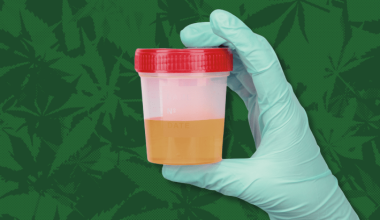Oklahoma voters could see an adult-use marijuana legalization initiative on their 2026 ballots.
Legacy advocacy group Oklahomans for Responsible Cannabis Action (ORCA) would need to collect more than 172,000 signatures by July to place proposed State Question 837 on state ballots, according to The Oklahoman.
For that to happen, though, the measure’s language must survive any legal challenges.
The measure would be the second attempt by legalization advocates to introduce recreational cannabis in what was for years the most business-friendly medical marijuana market in the country.
Oklahoma voters decisively rejected adult-use marijuana legalization in a low-turnout March 2023 special election, with 61.67% of voters opposed.
ORCA Director Jed Green told The Oklahoman that Question 837 is crafted with that loss in mind.
As written, State Question 837 would:
- Preserve existing MMJ regulations, with sales regulated by the Oklahoma Medical Marijuana Authority (OMMA).
- Allow adults 21 and older to purchase cannabis from existing MMJ dispensaries.
- Impose a new 10% excise tax on adult-use purchases.
Legalizing adult-use marijuana in Oklahoma could reverse a trend in which 40% of MMJ operators in the state have given up their licenses over the past year.
But passing adult-use legalization – or any other ballot measure – could hinge on a proposed change to the state voter-initiative process that state lawmakers are considering.
Senate Bill 1027, which would drastically limit the number of signatures that can be gathered from the state’s high-population areas, passed the state Senate in March on a party-line vote.
Opponents, including ORCA, say it would effectively curtail direct democracy.
And it’s part of a pattern seen across the country of states with ballot initiatives pushing new restrictions that would make passing voter initiatives more difficult.
That includes Florida, where voters rejected adult-use legalization in November.
Medical Disclaimer:
The information provided in these blog posts is intended for general informational and educational purposes only. It is not a substitute for professional medical advice, diagnosis, or treatment. Always seek the advice of your physician or other qualified healthcare provider with any questions you may have regarding a medical condition. The use of any information provided in these blog posts is solely at your own risk. The authors and the website do not recommend or endorse any specific products, treatments, or procedures mentioned. Reliance on any information in these blog posts is solely at your own discretion.






